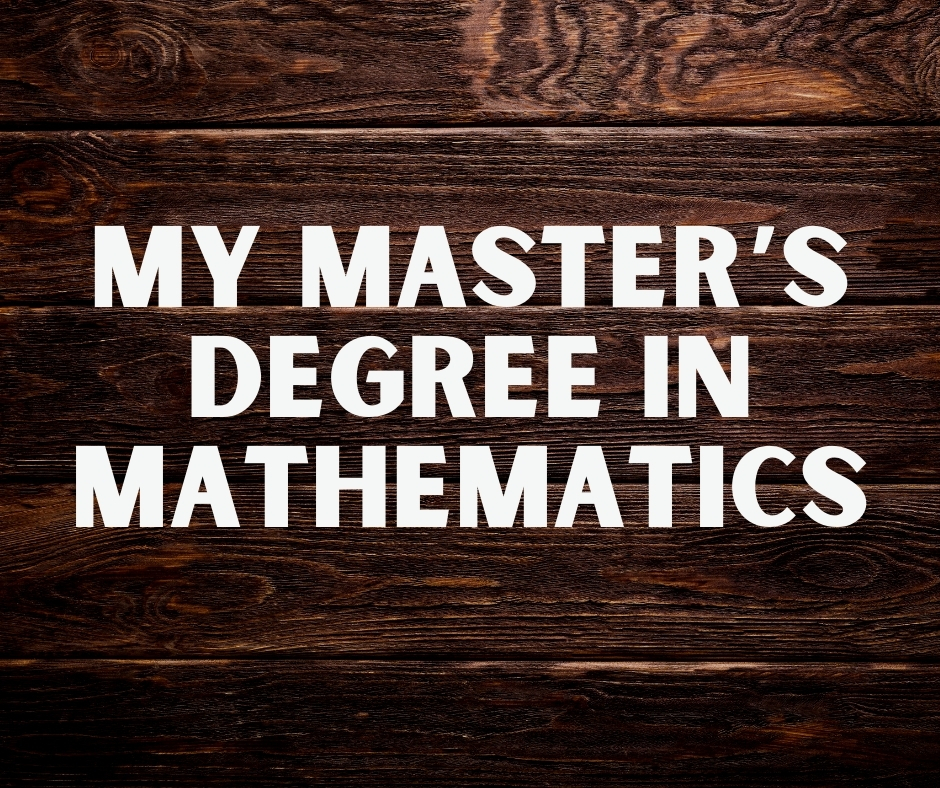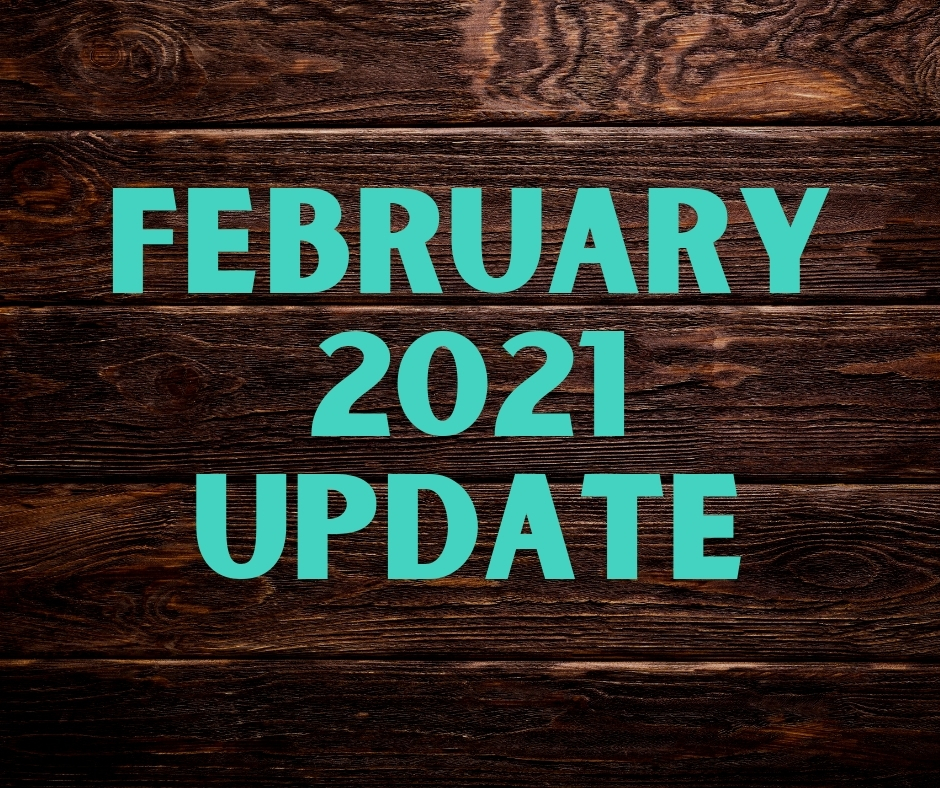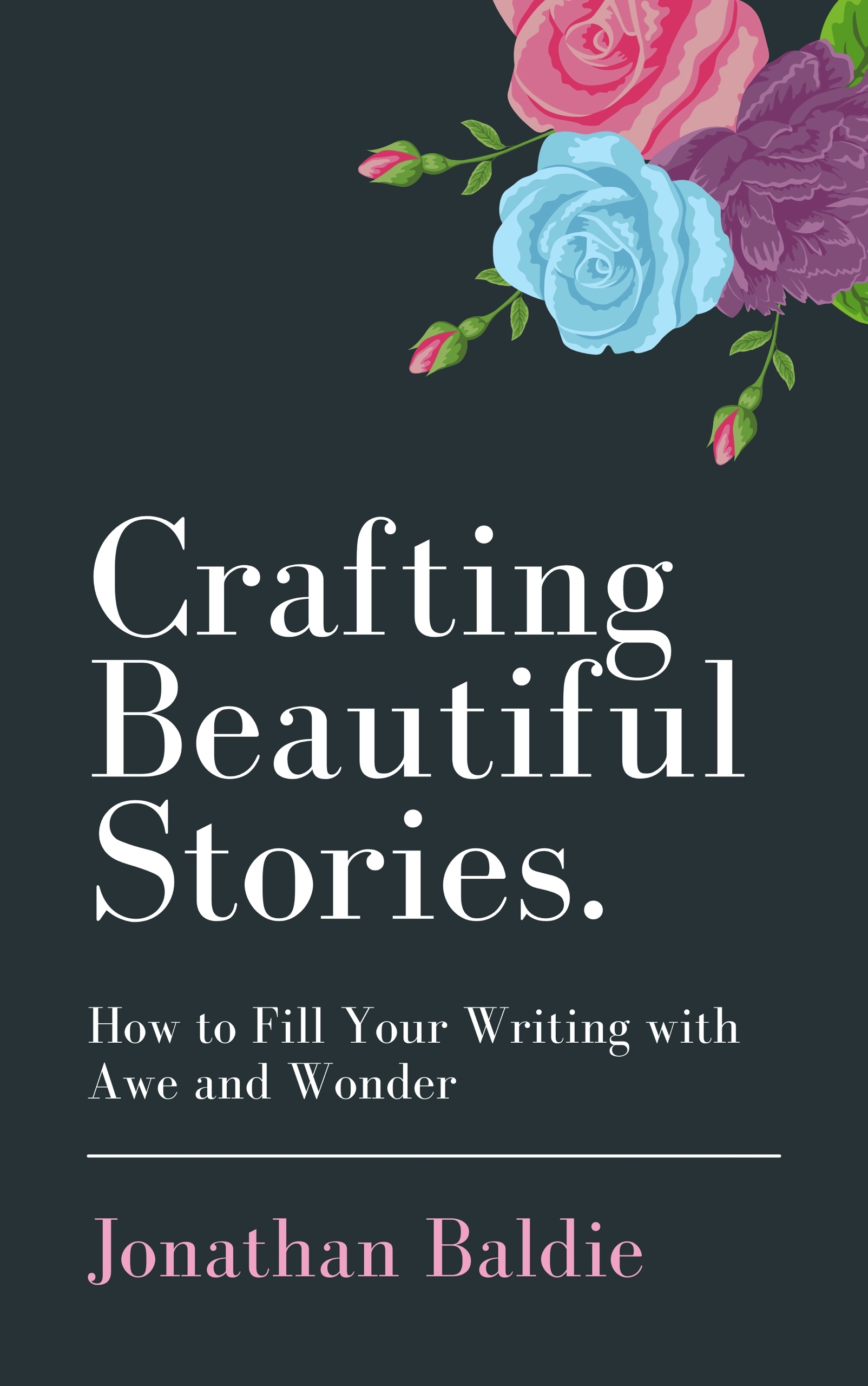Hey! Jon here. Just a heads-up that this post is over a year old and is therefore likely to be outdated.
5 Strategies for Focused Concentration
8th December, 2018 Share on Twitter
Photo by Stefan Cosma on Unsplash
Earlier this week I listened to a podcast from 2017, where the host interviewed Robert Greene. Robert is a non-fiction writer famous for his books The 48 Laws of Power, Mastery, and now The Laws of Human Nature. As a person in his late fifties and an experienced writer, the host asked Robert what advice he would give to new writers, or rather — where did he think most new writers trip up? Naturally, my ears prick up and I turn up my car’s stereo.
His answer was dissipated attention. Most books, he said, give away whether or not their author really focused their attention on its writing. I naturally felt defensive after he said this, but it’s true — in today’s world, we have phones constantly buzzing with notifications, music playing in the background, and the seductive temptation of a opening a new Chrome tab to check our Facebook just one more time!
If we have a creative project like a book to write, then we can’t afford to let our attention get distracted in this way. If our work suffers because we didn’t pay enough attention to it, we’ll never forgive ourselves. We have higher standards than that for our writing and the stories we tell. We would all like to create a classic, right? Well let’s orient ourselves towards that path.
This ideal of maximal concentration on our work is more than some nice, Polyanna self-help hack. In fact, it’s not only humanly possible, it’s something you can apply to your work starting today. Here are five strategies you can apply that will help you to silence those annoying distractions and put your work first.
Strategies for Focused Concentration
1. Disable push notifications on your phone except for critical apps like calling and basic SMS messaging. Email is not excluded from this — banish it from your push notifications. Apps are constantly trying to grab your precious attention and turn it to their service. Not only will you feel less stressed and more in control of your life, but you’ll be able to turn your full attention to your work. As a corollary to this, I highly recommend you check out Tim Ferriss’s Not-to-Do List for tips on eliminating digital distractions.
2. Select music intelligently. If you need music to work, then make sure it’s either a). movie soundtracks, my favourite is The Lord of the Rings: The Fellowship of the Ring OST. The lack of lyrics and inspiring rhythms will keep you in a positive, upbeat mood during your work. Or, b). music you have been listening to for a very long time. I often listen to two albums, What’s the Story, Morning Glory by Oasis and American Idiot by Green Day, constantly on repeat. Yes, I have cringey music tastes, but my brain is so used to these tunes that they don’t distract me as much as new music.
3. Tell your family, roommates etc. that you plan to work without distractions. As someone who lives alone, it’s very easy for me to switch off all distractions and start writing. But some of us have families, pets, and responsibilities in the home. We can’t just shut them off, right? Well, okay, you need to take care of your responsibilities, but you can also take small amounts of time to yourself to work at your laptop, right? Don’t see this as being selfish, it’s about making your own needs a priority. Your needs are a priority. Don’t let anyone tell your otherwise.
4. Organise your life with a method that works for you. For most of my life I’ve been terribly disorganised. I’d forget things, great ideas would pass into the ether. It was really annoying. Then a few years back, I began using the Getting Things Done (GTD) approach, which involves creating a ‘task queue’. If I thought of a chore, errand, or an important piece of work, I’d add it to my queue. Once it was done, I’d tick it off. This sounds simple, but it was a genuine revolution in my life. As I got more used to this approach, I built up my organisational awareness, and this led to me writing my book. Understand that when you can rely on your task list, it’s actually a relaxing and liberating thing, because you’re never at risk of forgetting something important, because it’s all on the list. Your pending tasks keep you on track, keep you accountable, and ticking off tasks from your queue proves to you that you’re being productive. I recommend you test different approaches and find ones that work best for you. There’s no right answer, and your best approach is likely to differ to mine.
5. Memento Mori — meditate on death. In his podcast interview, Robert partially credited his ability to concentrate on his writing to his regular meditation practise. He meditates for 35 minutes every morning, particularly visualising his eventual death. This might sound depressing and morbid, but it’s actually empowering and liberating when viewed with the right frame of mind. We will all meet our maker one day, and by acknowledging this inevitable fact, and the logical conclusion that our time is limited, will encourage us to use as much of our time as optimally as possible.
The most important key to the Law of Concentration is that you recognise your time is limited. If you were — God forbid — hit by a bus tomorrow, what would your legacy be? Are you happy with what you’d leave behind for people in the future? If not, then you need to start planning that novel now. Start writing your first draft now. This urgency will inevitably tighten your focus, allowing you to concentrate on your work and make it as useful and entertaining as possible. You’ll grow to hate distractions in a healthy way — because your sights are firmly set on your future path.
Hi guys! This post is from a past email from my storytelling newsletter. If you'd like to receive these as soon as they're written, sign up to my email list here.
Please check out The 24 Laws of Storytelling, my book that explores the principles that make some books and movies great and explains why others fail. By reading my book, you’ll gain the same strategies used by master storytellers such as Stephen King, Christopher Nolan, Fyodor Dostoyevsky, and many more. Pick up your copy today.





